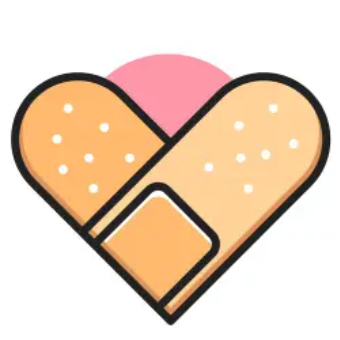Q: What is a patient social network?
A: A patient social network is an online platform where individuals with similar medical conditions can connect, share experiences, support each other, and exchange useful information about their health and treatments.
Q: What are the main advantages of a patient social network?
A: The main advantages include emotional support, sharing of information and practical advice, reducing the feeling of isolation, and the ability to connect with people who understand the specific challenges of their medical condition.
Q: How can patient privacy be ensured on a social network?
A: Privacy can be ensured through the use of advanced security protocols, such as data encryption, anonymity options, user privacy controls, and compliance with data protection regulations like GDPR.
Q: What types of information can patients share on this platform?
A: Patients can share personal experiences, symptoms, effective treatments, questions about specific medical conditions, tips for handling daily challenges, and useful resources such as articles and informational videos.
Q: How can a patient social network help in managing a disease?
A: It can help by providing emotional support, allowing the exchange of experiences regarding treatments and coping strategies, offering access to a community of people with similar conditions, and facilitating access to up-to-date and reliable information.
Q: Who can join a patient social network?
A: Individuals with chronic, rare, or common medical conditions, their family members, caregivers, and even healthcare professionals interested in providing support and information can join.
Q: How can healthcare professionals use a patient social network?
A: Healthcare professionals can use it to provide advice, answer medical questions, share scientific articles and clinical studies, and better understand patients’ experiences and needs.
Q: What features should a good patient social network have?
A: It should include features such as discussion forums, private chats, thematic groups, educational resources, online events, health monitoring tools, and options for anonymous sharing of experiences.
Q: How can such a platform promote patient empowerment?
A: It can promote empowerment by providing access to high-quality information, facilitating peer support, encouraging active participation in health management, and creating a space where patients feel heard and understood.
Q: What are the risks associated with using a patient social network and how can they be mitigated?
A: Risks include the spread of incorrect medical information, privacy breaches, and the risk of cyberbullying. These risks can be mitigated through careful content moderation, robust privacy policies, user education on safe platform usage, and tools for reporting inappropriate behavior.
Q: How does a patient social network differ from other types of social networks?
A: It differs in its specific focus on health and wellness, the supportive environment among users with similar experiences, and the presence of specialized content and resources for managing specific medical conditions.
